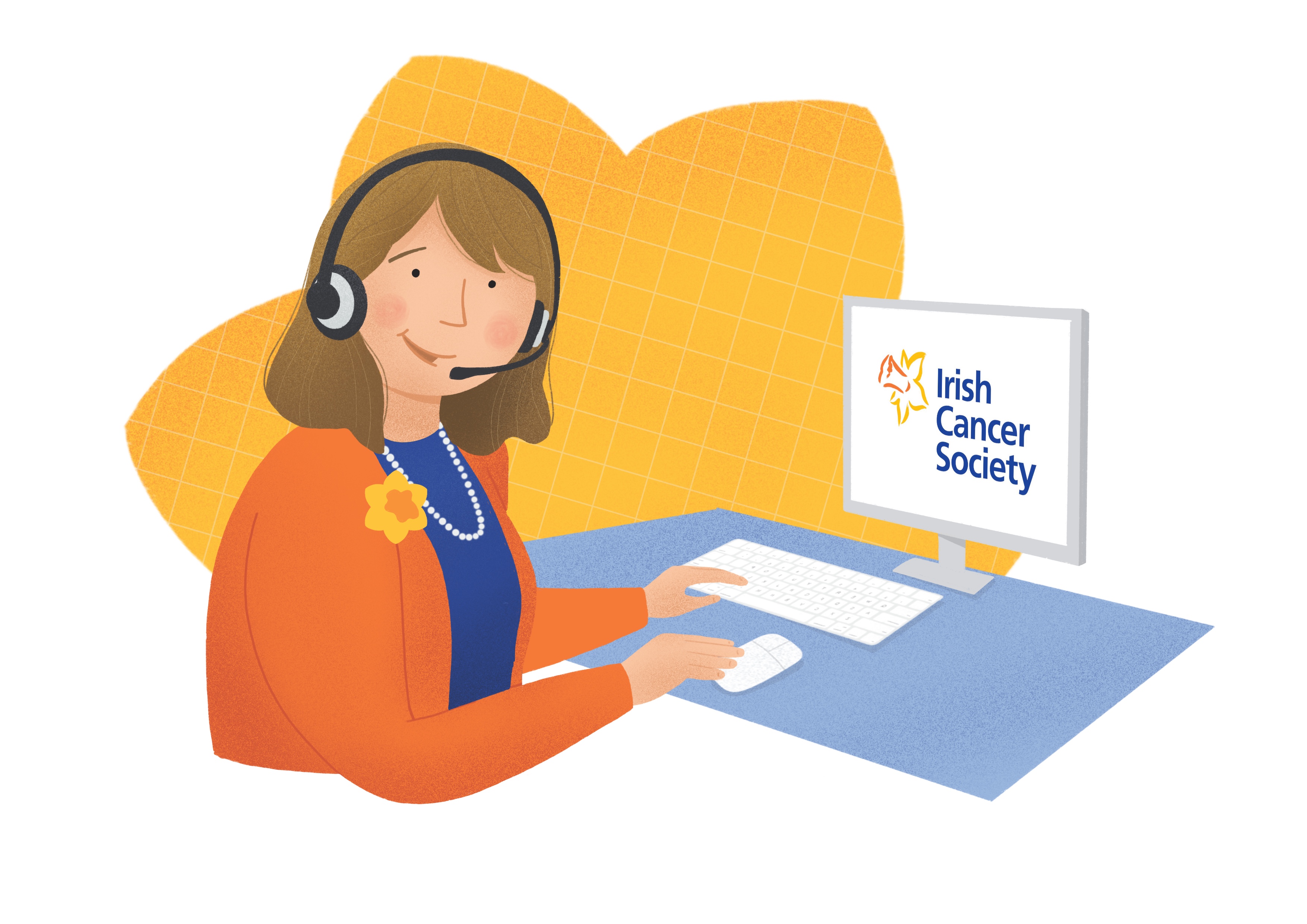Cancer research is often regarded as a complex topic, but the overall aim of Sophie Mulcahy Symmons’ research project couldn’t be simpler.
“For me the most important overarching theme of my work is to promote a healthier society.
“We need to focus on preventing diseases from occurring and stop people from being unnecessarily affected by cancer,” explains Mulcahy Symmons, a UCD-based researcher who was recently awarded an Irish Cancer Society Scholarship to support her investigations into why some groups of women are less likely to attend for cervical cancer screening, and to promote knowledge of screening.
Her work stems from the introduction of a new method of cervical screening which tests for Human Papillomavirus or HPV, a leading cause of cervical cancer.
Avoidable diagnoses
Although this new method holds great promise for efforts to prevent potentially avoidable cancer diagnoses, some women have been reluctant to attend for screening and Mulcahy Symmons wants to examine why this is the case.
“After the controversies of recent years with CervicalCheck I recognised this as something that really needs to be addressed so that women don’t have negative perceptions of a screening programme that is highly effective and beneficial to them; particularly now that the HPV screening process is more sensitive than the old process, which really needs to be highlighted for women,” she says.
The challenge for me initially is to identify what groups of women aren’t attending for screening.
For Ireland the screening levels are quite high - we are more or less reaching the 80% coverage that the National Screening Service want - but there are some groups of women that perhaps aren’t being reached, and we can already see some trends on this.”
Her ultimate aim is to create information materials and support resources that can help encourage more women to attend for potentially lifesaving screening, and in line with the Irish Cancer Society’s mission to put patient and public involvement at the heart of research she is hoping to take a “really collaborative approach” involving significant input from both members of the public and experts.
Informative conversations
Indeed, Mulcahy Symmons has found that just talking about her work has opened up important and informative conversations with people she knows:
“Now that I’m sharing with my friends and family that I’m doing this project, I’ve been talking to some older women about it and they’re responding to say that they haven’t gone to get checked in years.
Even my own peers don’t know that they should register for screening.
“There is a fear around discomfort or embarrassment that comes through in a lot of conversations, and the issue of respecting anonymity within the healthcare setting can be really important for women.
“Even just saying that I’m doing this project might prompt other women I know to think ‘oh, that is something I need to do’ and ask how they can go about getting checked: talking about it makes it easier for people to go and do it.”
*We use the term ‘woman / women’ in our cervical cancer information but we understand that not everyone who has a cervix identifies as a woman
The work of Irish Cancer Society funded researchers is made possible through the kind support of the public.
To help support our cancer research please visit www.Cancer.ie/Donate
Contact the Irish Cancer Society Support Line
If you have worries or concerns about cancer, you can speak confidentially to an Irish Cancer Society Cancer Nurse through the Freephone Support Line on 1800 200 700.
Monday to Friday, 9.00am - 5.00pm

For more information
Phone
1800 200 700
